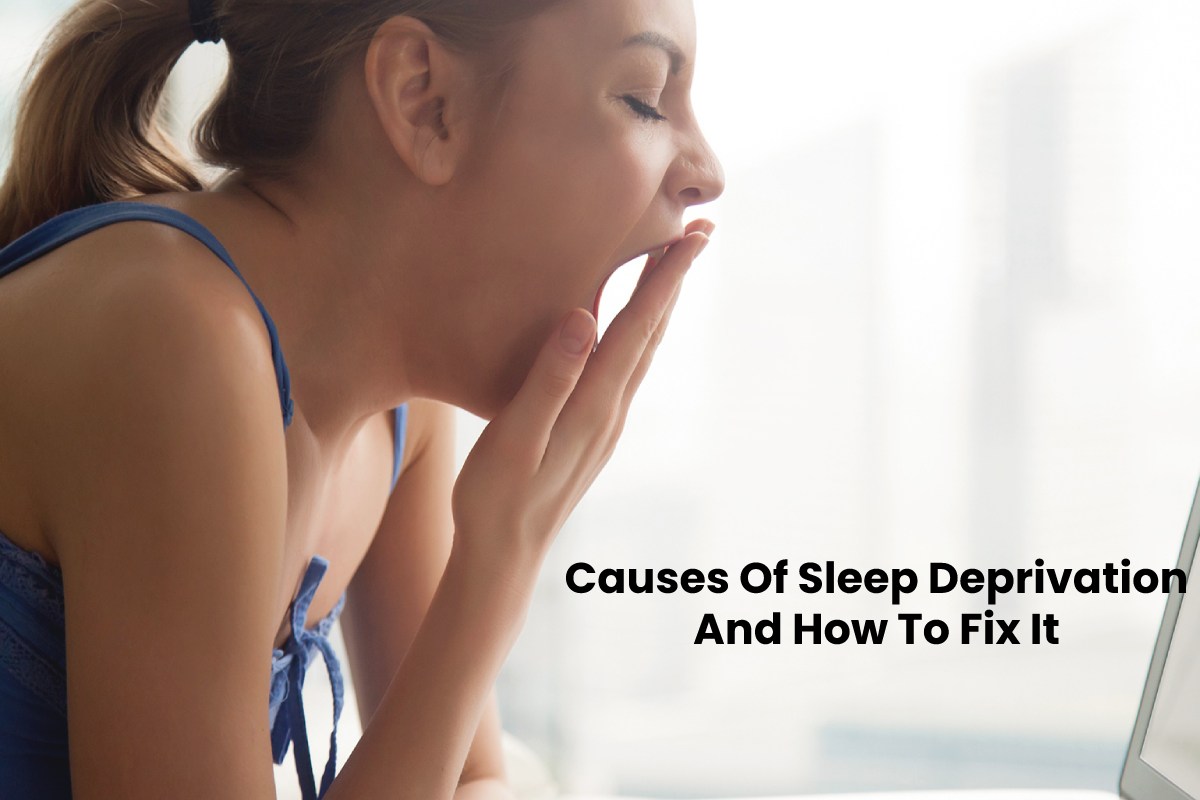Sleep Deprivation – There are many factors that contribute to a lack of quality sleep; oftentimes, bodily changes, environmental factors, and even certain medications can negatively impact sleep. In fact, up to 70 million Americans each year suffer from sleep-related problems.
This article hopes to shed some light on the causes as well as consequences of not getting enough sleep, meanwhile, we will also provide some advice on how to improve sleep quality. If all else fails, there’s always treatment and help out there to ensure you can carry on with your life.
Sleep Stages Explained
There are different kinds of sleep deprivation, the most obvious being waking up several times throughout the night or simply having trouble going to sleep in the first place. However, you may still suffer from sleep problems if you sleep through the night but wake up feeling tired. In order to really get a handle on sleep problems, it’s important to understand the different stages of sleep our bodies go through every night.
*The first three stages of sleep are referred to as NREM or non-rapid eye movement stages. The final stage is REM which stands for rapid eye movement and is the deepest kind of sleep one can reach.
Stage 1: You close your eyes but still easily hear sounds or have the ability to wake up. This stage is about anywhere from five to ten minutes.
Stage 2: The next stage can last up to 25 minutes and this is when your brain activity starts to heighten but your overall heart rate slows down and your body temperature lowers.
Stage 3: This is the final step in NREM and your breathing will start to slow and your blood pressure drops while your muscles relax. This is a transitional phase where you start to go into a deeper sleeping state.
Stage 4: Your body is immobilized during REM sleep and your brain is fully active producing dreams. Your eyes also rapidly move and this is the final stage you will reach. When it’s time to awaken, your body will return to Stage 2.
Does Sleep Deprivation Have Dire Consequences?
In order to maintain health, adults should generally get anywhere from seven to nine hours of sleep every night. If a person gets less than the recommended amount of sleep, their mental and physical health starts to slip.
Sleep deprivation is caused by a wide range of things such as certain disorders, travel, and even lifestyle changes. It is vital to act quickly the moment you start to recognize the prevalent symptoms of sleep deprivation, such as:
*Unwarranted weight gain
*An impacted immune system
*Diabetes
*Mental health problems
*Excessive aches and pains
*Hand-eye coordination problems
All of the above symptoms of sleep deprivation can negatively impact a person’s life, including their projected lifespan. Fortunately, there are ways to handle a lack of quality sleep and ensure that your body has enough energy to recharge.
Habits That Can Help Promote Sleep
If you find yourself struggling with your sleep quality, there are certain things you can do to handle your situation. Below, we will discuss some of the habits that can positively affect your sleep.
*Make your bedroom conducive to sleeping. Ensure that the environment is quiet, tranquil, and free of disturbing electronics. Reading and sleeping are the only activities that a bedroom should be used for.
*Get some exercise at least five hours before your official bedtime. This can help you burn energy and will allow you to wind down.
*It’s necessary to develop a bedtime routine that you can rely on day in and day out. Many adults wrongly believe that bedtime rituals are only for kids, when in reality, adults can benefit from them too! Whether it’s taking a warm bath or listening to music, having a relaxing routine can prepare you for what’s next. CBD has been proven to help those struggling to sleep. The 365 CBD collection has a range to choose from.
*Create a schedule and stick to it for bedtime. You need to make it a point to go to sleep and wake up at the same time every day in order for your circadian rhythm to function properly.
*Skip having heavy meals before bedtime, and avoid any stimulants such as coffee or alcohol. Basically, any drinks with caffeine are a no-go.
Melatonin produces tan but can also help sleep. Increasing the amount of melatonin you get can really help you sleep and is worth considering.


